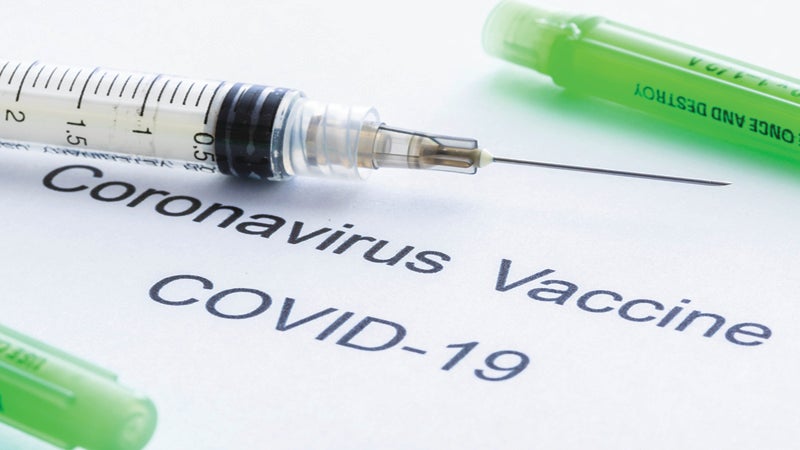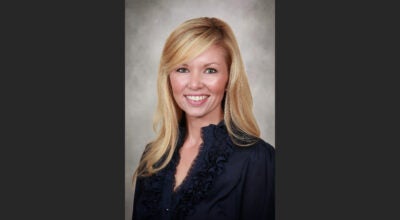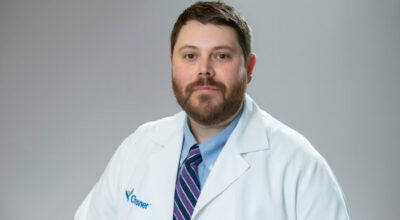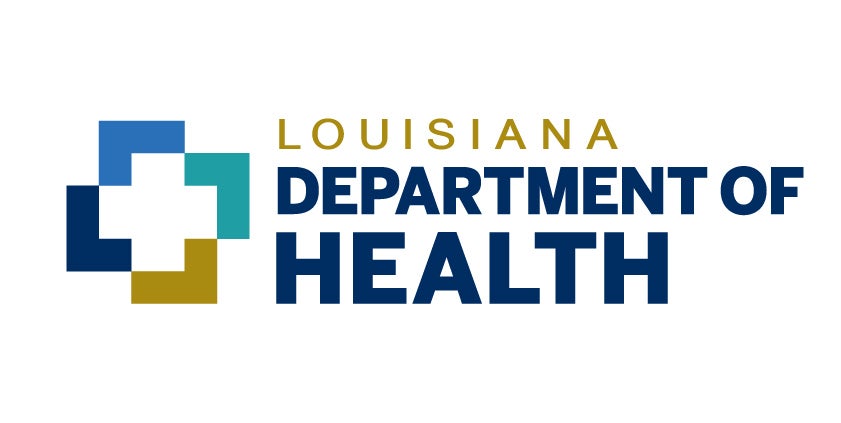Clifton: News about hypertension
Published 12:00 am Saturday, April 11, 2020
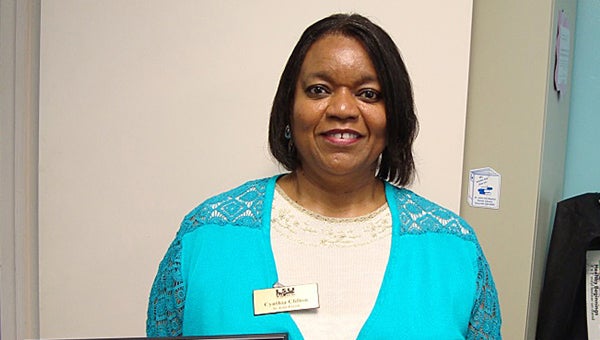
- Cynthia Clifton
|
Getting your Trinity Audio player ready...
|
Due to the information that was released regarding the coronavirus and how it is heavily populated in the African American community, I would like to share this information with the community of St. John the Baptist Parish.
Hypertension or high blood pressure is known as the “silent killer.” This chronic illness got its nickname because there are no symptoms or warning signs.
American Heart Association shows that 78 million American adults (33 percent) have high blood pressure and more than half of them (47.5 percent) do not have it under control. Many people with uncontrolled hypertension don’t know they have it.
One thousand deaths per day are attributed to high blood pressure. One in every three U.S. adults has prehypertension (blood pressure level greater than 120/80 mmHg but less than 139/89 mmHg).
Having high blood pressure increases the risk of the two leading causes of death in America – heart disease and stroke. High blood pressure is also a risk factor for kidney disease. High blood pressure can develop in people of all ages and backgrounds.
Knowing your blood pressure number is important, even if you feel fine. High blood pressure or hypertension can be prevented by making a few lifestyle changes, such as eating a healthy diet that is low in sodium and full of fruits and vegetables that are high in potassium and fiber. People who maintain a healthy weight and engage in moderate levels of physical activity can lower their blood pressure levels.
The DASH eating plan developed by the U.S. Department of Health and Human Services is an eating plan low in sodium, saturated fat, cholesterol and total fat. It is high in fruits, vegetables, whole grains, low-fat or fat-free dairy foods, fish, poultry and nuts. DASH focuses on foods rich in potassium, magnesium, calcium, fiber and protein.
FREQUENTLY ASKED QUESTIONS:
- What is hypertension or high blood pressure?
Blood pressure is the force blood places on the walls of the arteries as it pushes through the blood vessels. High blood pressure occurs when the pressure exerted in your arteries is higher than it should be. High blood pressure is also called hypertension.
- How is blood pressure measured?
Blood pressure is measured by two numbers, in millimeters of mercury, and is written in a form such as 112/78 mmHg. The top number (systolic) is the pressure when the heart beats to pump blood throughout the body. The bottom number (diastolic) is the pressure when the heart rests between beats. Normal blood pressure is below 120/80 mmHg. Prehypertension means your blood pressure is higher than normal and you are at increased risk of developing high blood pressure or hypertension.
- Who is at risk of developing hypertension?
People who have a family history of high blood pressure include: African Americans; people age 51 and over; pregnant women; women who take birth control pills, are overweight, had high blood pressure during pregnancy, have a family history of high blood pressure or have mild kidney disease; individuals with certain medical conditions such as prehypertension and diabetes; and people with unhealthy behaviors such as smoking, eating foods high in sodium and low in potassium, physical inactivity, being obese and drinking too much alcohol. Hypertension is a preventable chronic illness in most individuals.
The Dietary Guidelines for Americans make the following key recommendations:
- 2,300 milligrams of sodium are the maximum amount of sodium that should be consumed each day by Americans age 2 and older who do not fall into any of the categories listed below.
- 1,500 milligrams of sodium are the maximum amount of sodium that should be consumed in a day by people who are 51 or older and those of any ages who are African American or who have high blood pressure, diabetes or kidney disease.
If you have any questions or would like to schedule nutrition classes when this coronavirus pandemic if over, please contact me at cclifton@agcenter.lsu.edu or 985-497-3261. I would love to help us get on the right track.


